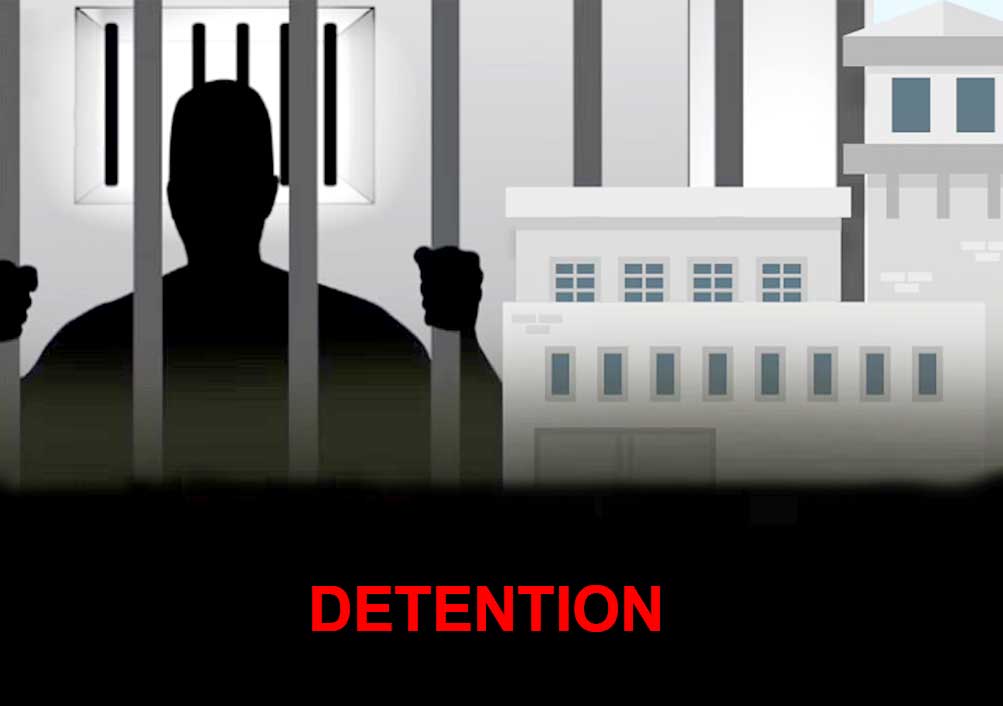If Detaining Authority fails to supply relevant records to detenue based on which he has been detained, then such detention will be illegal & unsustainable: Jammu & Kashmir HC

Read Judgment: Tariq Ahmed V. Union Territory of J & K & Ors
Pankaj Bajpai
Kashmir, March 25, 2022: Highlighting that requirement of law is that whole of the record, on which the detention order is based, has to be made available to the detenue in the language that he understands, the High Court of Jammu & Kashmir has opined that the failure on the part of the detaining authority to supply such material renders detention illegal and unsustainable.
The Single Judge M.A Chowdhary observed that non furnishing of the whole of the record on which detention order was based; furnishing the material in English and not the language of the detenue; and not informing detenue of his right to make representation before the Detaining Authority or the Government, all reflect that the detenue has been deprived of his fundamental right to make effective and meaningful representation against the detention order.
Going by the background of the case, the District Magistrate, Ramban (Detaining Authority – second respondent) in exercise of powers u/s 8 of Jammu & Kashmir Public Safety Act, 1978, passed the detention order, in terms whereof the detenue namely Tariq Ahmed S/O Abdul Rehman R/O Hollan Tehsil Banihal District Ramban has been detained. Hence, present petition challenging the detention order, being in breach of the provisions of Article 22(5) of the Constitution of India read with Section 13 of the J&K Public Safety Act, 1978.
After considering the submissions, Justice Chowdhary observed that personal liberty is one of the most cherished freedoms, perhaps more important than the other freedoms guaranteed under the Constitution, and it was for this reason that the Founding Fathers enacted the safeguards in Article 22 in the Constitution so as to limit the power of the State to detain a person without trial, which may otherwise pass the test of Article 21, by humanising the harsh authority over individual liberty.
“In a democracy governed by the rule of law, the drastic power to detain a person without trial for security of the State and/or maintenance of public order, must be strictly construed. However, where individual liberty comes into conflict with an interest of the security of the State or public order, then the liberty of the individual must give way to the larger interest of the nation”, added the Single Judge.
The High Court therefore concluded that the detention order would be vitiated since the detenue’s right to make a representation to the detaining authority was only available to him till approval of detention order by the Government.
Sign up for our weekly newsletter to stay up to date on our product, events featured blog, special offer and all of the exciting things that take place here at Legitquest.




Add a Comment